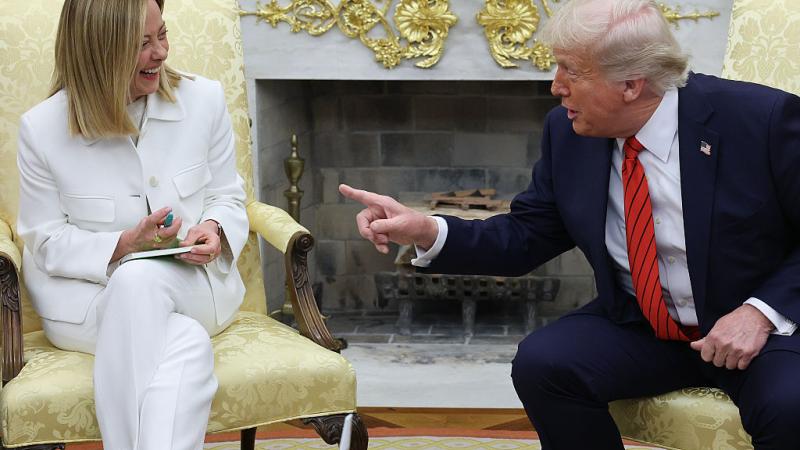New law to double pay for Indiana jurors
Under law that takes effect July 1, Hoosiers serving on a jury will receive $80 a day when empaneled, double current rate.
One aspect of jury duty is about to get better for people in Indiana.
When Gov. Eric Holcomb signed House Bill 1466 into law earlier this month, it marked the first increase in pay for jury duty in 25 years.
State Rep. Michelle Davis, R-Whiteland, said in a statement the current rate of $40 a day means jurors aren’t even making the state’s minimum wage to perform their public service.
Once the law takes effect July 1, Hoosiers serving on a jury will receive $80 a day when empaneled. If the court trial lasts more than six days, those jurors will start making $90.
“This is commonsense legislation to make sure that we are more fairly paying our jurors,” Davis said. “Serving as a juror is a civic duty that most Hoosiers will be called upon to do at some point, but many simply can’t afford to take off work and pay for transportation under the current rate. This increase is long overdue, and my hope is to see more Hoosiers participate in this critical process.”
The new law also means jurors on local trials will make more than individuals selected for a federal case. The U.S. government pays those jurors $50 a day.
Prospective jurors will also see their pay double, going from the current $15 daily rate to $30 on July 1.
The law triples the jury fee the courts collect from defendants convicted of a crime or ordinance violation to help cover the extra costs due to the pay raises. Those individuals will now pay $6. The law also establishes a $75 fee for people who seek a jury trial for their civil claim.
According to a study last year by the National Center for State Courts and the Center for Jury Studies, Indiana is one of 31 states and the District of Columbia that pays jurors a flat daily rate. The average rate among those states was $19.68, although 11 of those states allow local courts or councils to offer additional money to jurors.
“Juror compensation is crucial to the proper and effective functioning of state judiciaries,” the report stated.















